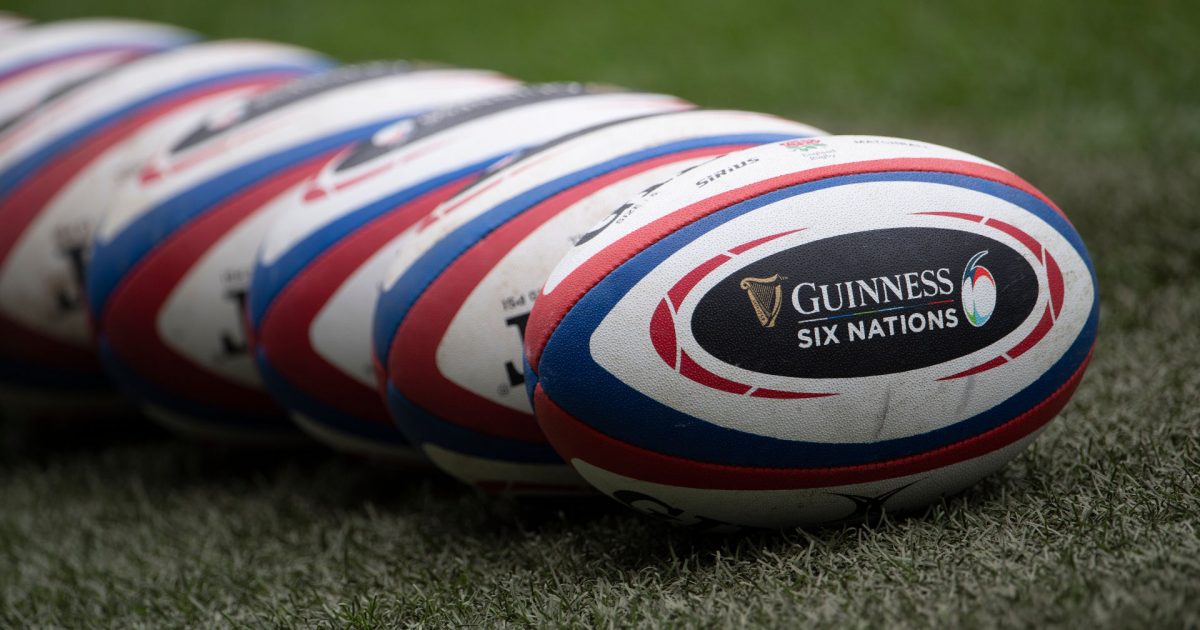2021 was certainly a turbulent year for rugby and sport as a whole. Whilst the last year has taught us that it can be difficult to forecast what could happen in the coming year, there are a number of issues that have made headlines in 2021 which are very likely to roll on into 2022.
In this article, Jamie Horner, sports partner at Keystone Law, offers his predictions on the key challenges facing the sport in 2022.
The Future of Championship Clubs
Will we ever see another team like Exeter rise from the Championship? It seems unlikely at the current time with such a significant funding gap between the top-flight and second tier.
Reduced finance is affecting the sustainability of Championship Clubs, with RFU CEO Bill Sweeney countering criticism that the sport’s governing body is ignoring the needs of Tier 2 rugby. Funding which had doubled in 2016 was then cut dramatically in 2019 at the start of Sweeney’s tenure as part of a strategy of fiscal tightening at HQ. Against the background of the pandemic, funding for the Championship was further reduced in 2020/21 even with the Premiership providing financial support.
The RFU Council will gather this month to hear recommendations following an in-depth review of the Championship. These are rumoured to include conference structures, more regionality, a greater number of National One clubs, the creation of Premiership second teams, a focus on English player ratios, and age restrictions (with potentially 80 per cent of Championship teams to be made up of U23s).
With a moratorium in place regarding relegation from the Premiership until the end of the 2023/24 season, the discussion regarding the pros and cons of ringfencing the Premiership also continues.
Unlike say football where teams in the Championship ultimately aspire to be promoted to the Premier League, in rugby this aspiration is not so simple.
In fact, few, if any, clubs in the Championship are equipped with the financial resources and stadiums required to flourish in the Premiership, nor do many have the desire to step up. Championship clubs have also argued that the funding cut effectively amounts to ring fencing in any case.
The threat of relegation for clubs in the topflight is particularly pertinent due to COVID-19 and the unpredictability that has occurred. Clubs in the Premiership may be pushing for ringfencing to be made permanent, at least for the short-term as to cement their positions at such a precarious time.
On the flipside, if ringfencing is made into a permanent measure, could this mean that clubs in the Championship effectively become no more than feeder clubs for those above them? But isn’t this already the case as the funding gap has already, in effect, ringfenced the Premiership? Is this the best option for the future sustainability of all concerned?
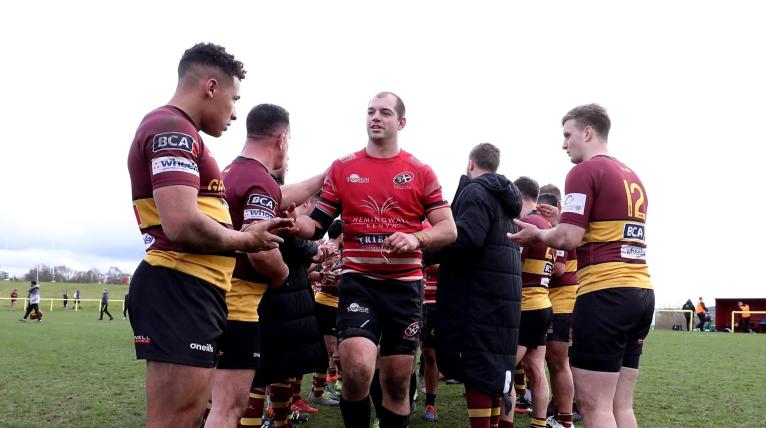
The Premiership will increase to 14 clubs from the start of the 2022/2023 with a play-off between the clubs that finishes bottom of the Premiership and top of the Championship in 2023/2024. Relegation and promotion are due to return in 2024-2025, unless the RFU council decides otherwise. The play-off scenario is surely a better option that enforced relegation and promotion and at least offers the opportunity of upward mobility for the Exeter of the future, if there is one.
Traumatic Brain Injury
A year ago, it was first revealed that eight former professional rugby players, all aged under 45, were contemplating legal action against World Rugby, the RFU and WRU following diagnosis with early onset dementia.
The number of players involved in the potential class action unsurprisingly continues to grow and now numbers in excess of 175 players, including several international players.
Traumatic brain injury (TBI) of which concussion is a mild form, is a major ongoing problem for rugby, despite the introduction of the Head Injury Assessments (HIA) and an increasing number of red cards for dangerous tackles.
The red card debate is a regular feature of the coverage and review of many games. Alongside this, the research into and development of the definition of concussion and the return-to-play protocols after a player has suffered a TBI continue to progress.
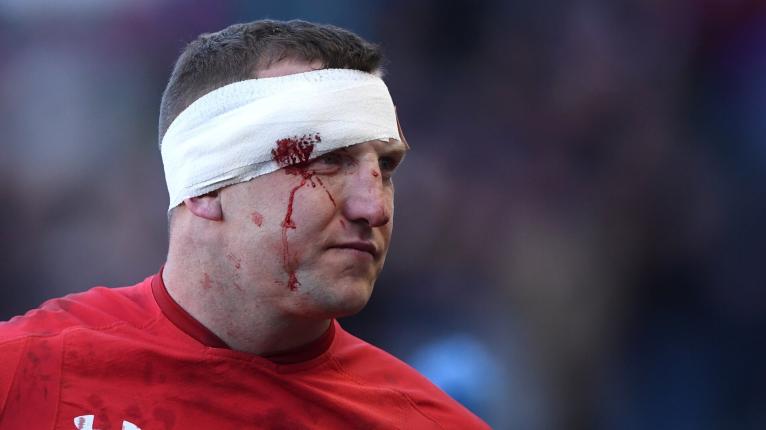
However, the problem runs deep, as is evidenced by the ongoing research being carried out by the Drake Foundation into the short and long-term impact of sport on brain health in rugby and football. The latest Drake Rugby Biomarker Study released in July 2021, indicates that 23% of elite adult rugby players who were still actively involved in the sport had abnormalities in brain structure, and half showed an unexpected change in brain volume.
From a legal perspective, the claims made in the class action are probably unlikely to make it to court, which could result in negative press for the game’s governing bodies.
Equally, these claims will not just disappear. An out of court settlement, or the establishment of a fund for injured players as followed the NFL litigation, is the likely result. However, the governing bodies and their legal advisors may decide that this should be a test case, which requires a judicial decision given the legal hurdles that will need to be overcome for the players to make their claims stick. Either way, it is inevitable that other players will follow suit and seek compensation because of rugby-related TBI, which could have significant financial consequences for the game. The shadow cast by TBI could also see the sport’s global popularity wane significantly.
Insurance premiums covering for player injury, including TBIs, are also likely to rocket. Who will cover this cost – the clubs, the players or the governing bodies?
Clearly, the need to monitor the cumulative effect of contact is crucial and is resulting in technology playing an increasing role in player welfare, for example, accelerometers in gum shields will be introduced in the Premiership in 2022. These technologies cannot help players already suffering from the effects of the sport but can protect future generations for years to come.
The benefits of rugby are well documented, however, set against high-profile head injury- related compensation claims in an increasingly risk-averse society, is this enough to sustain both player numbers and rugby as we know it at a grass roots level?
One wonders whether rugby in its current form will remain on the school curriculum in years to come.
The bite of the salary cap reduction
As further fallout from the COVID-19 pandemic, Premiership clubs are now operating under a reduced salary cap of £5 million this season after £1.4m was cut from their spending capacity due to the financial impact of COVID. Also, only one rather than two “marquee players” may sit outside the salary cap.
With player salary expectations not matching the new cap, there is already a telling impact on a Premiership club’s ability to attract global talent and also maintain their current squads.
Looking at Exeter, for example, both Jonny Hill and Sam Skinner have already been confirmed as moving on at the end of the season. Will Stuart Hogg and Jonny Gray follow?
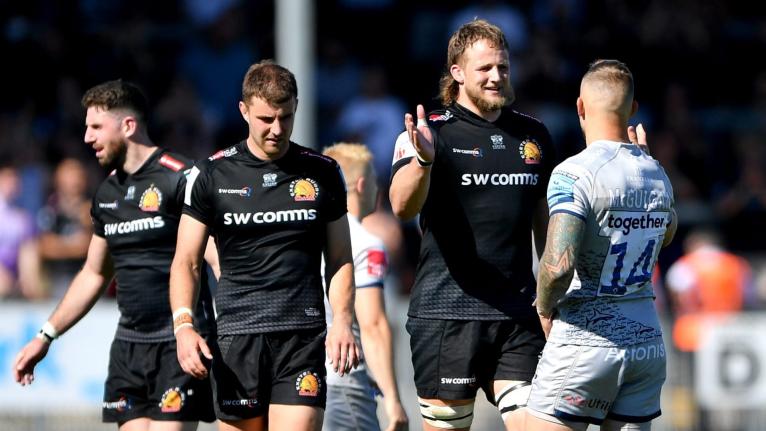
A clear benefit will be the focus on developing “local” talent of which Exeter has a proven track record with the likes of Jack Nowell, Luke Cowan-Dickie and Henry Slade all being products of the Chief’s highly regarded academy structure. As a long-term initiative, English clubs are likely to increasingly rely on nurturing homegrown talent in order to prosper. Clubs in England will be judged compared to their counterparts on this ability.
Nonetheless, this scenario is creating an increasingly unfair playing field in European club rugby with English teams facing teams from France and Ireland that are not subject to the same degree of financial restriction. This will likely have an effect on the success of English teams in both the European Champions Cup and the European Challenge Cup. Will sponsors look to European clubs with celebrity status players at the top of the international game as opposed to English players moving forward? Perhaps.
The ongoing dispute between Premiership clubs and agents
The stand-off between Premiership clubs and agents stemming from the interpretation of recent HMRC guidance on the payment of agents’ fees is unresolved and could also potentially see an increasing number of players move overseas.
New guidance was issued by HMRC on 31 March 2021 (HMRC Manual EIM01150 on ‘Football Clubs: Payments to Intermediaries’) concerning the payment of football agents’ fees. The guidance could be equally applied to the tax position of rugby players, clubs and agents’ fees. Premiership clubs are, therefore, proposing that the payment of agents’ fees by clubs should be prohibited. On the other hand, the agents view this proposal as an attempt to sideline them and remove their influence from the game. They also feel that this proposal is motivated by a desire by clubs to save money in the face of the financial pressures brought on by Covid-19 and the lowered salary cap biting.
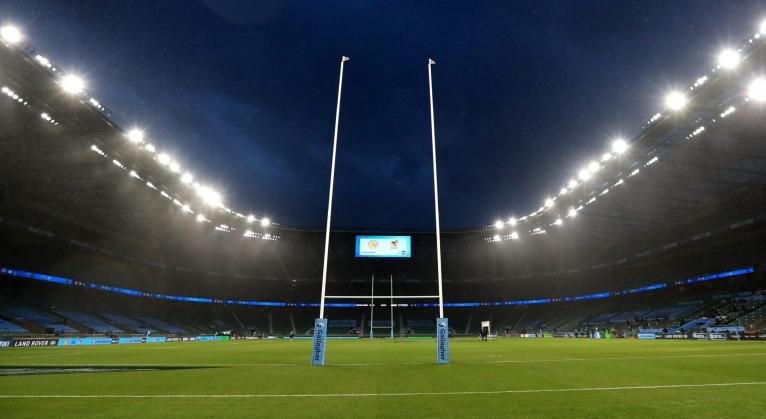
Agents continue to threaten not to endorse deals with the Premiership clubs until the situation has been resolved and may increasingly focus their attention on securing overseas moves for players to countries, such as Japan, where clubs do pay agents fees.
The dispute has been the subject of mediation between the clubs and agents. Common ground will have to be found in order to nip this issue in the bud and prevent long-term damage to the game.
Ultimately, the financial burden will fall most on the players and both sides must work together to act in their best interests. Players will no doubt also increasingly question the value of the player/agent relationship and what is in their best interests in the long run. Solutions such as fixed fee arrangements rather than commission-based contract negotiation fees could prove to be an attractive alternative for some players, especially those renewing existing contracts.
Players may justifiably begin to question the value for money offered by their agents moving forward. Professional advice should be sought when a player signs for or renews his or her contract with a club, but a specialist sports lawyer accredited by the RFU could offer a cost-effective alternative moving forward especially for those players who wish to become more involved in their own management enabling them to seek third party advice and support, as and when required.
COVID-19
The damage to sport caused by the pandemic continues with the pre-Christmas surge in cases as a result of the Omicron variant.
Aside from the increasing number of players, coaches and support staff being affected by COVID-19, strict quarantine requirements have already impacted heavily on clubs like Cardiff and Scarlets.
With Mark Drakeford, the Welsh First Minister, recently announcing that from Boxing Day sport in Wales will carry on behind closed doors, URC derby games will be affected for a second successive year along with football and the Welsh Grand National. The financial effects on the sustainability of the professional game in the Welsh Regions is of grave concern, despite the support provided to clubs and venues from the Spectator Sports Fund.
'He asked me, ‘do you want to play for England?’ I said, ‘not really’.
Despite growing up in England, @EwanAshman2 was always nailed on for Scotland. @JLyall93 ??? finds out why. #GuinnessSixNations #sixnations https://t.co/X5yhUQReNw
— RugbyPass (@RugbyPass) January 13, 2022
Similarly, in Scotland, crowds have been capped at 500 people for three weeks from the 26 December. It was announced this week that this will be revoked in time for the Six Nations.
The Premier League’s decision to play on with crowds over the Christmas and New Year period set a helpful precedent for English rugby. However, if there is another lockdown or period of playing behind closed doors, would the Premiership be able to survive in its current form?
Recently, Pat Lam, the director of Rugby at Bristol Bears, has suggested that the possibility of the sport being restricted in England could mean that some of England’s top clubs near the brink of bankruptcy. If richer, more endowed teams like Bristol Bears are expressing concerns here, the effects further down the sport could possibly be dire.
As we approach the Six Nations, it seems that all games will be played in front of crowds. It is arguable that more so than in the past, the international sports arena has become increasingly disjointed. This is an unforeseen consequence the pandemic has had on the sport. How will the sport recover this international culture? Perhaps we will have to wait until the World Cup in 2023 to find out.
Jamie Horner is a partner at Keystone Law, specialising in sport law, and is an RFU Accredited Agent.

























